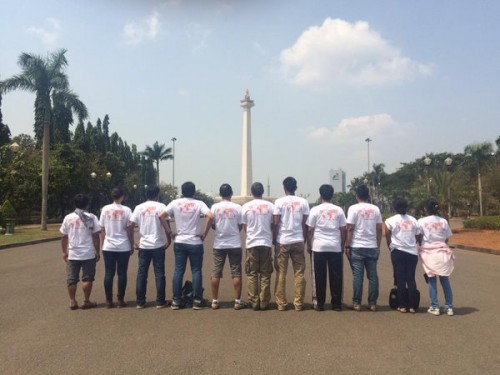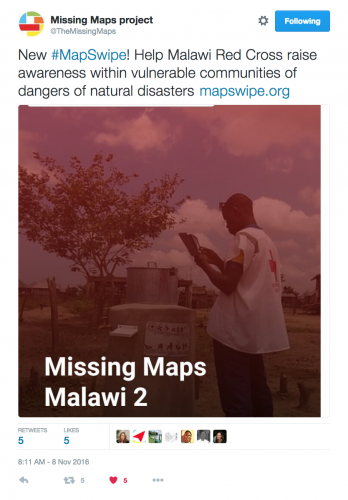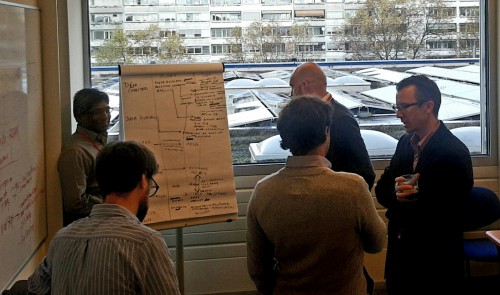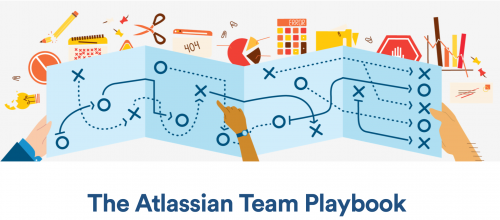After 4 years, today my last day as a Board Member of Humanitarian OpenStreetMap Team. We have annual board elections announced at our Annual General Meeting in a few short hours. During my time on HOT’s Board, I served as a Member-at-Large, Secretary and President. Serving on the HOT board has been challenging and rewarding as the NGO has grown in leaps and bounds. It has been an honour to be part of that journey with fellow board members, members, staff, community allies, donors, and supporters. (Thank you.)
The Humanitarian OpenStreetMap Team (HOT) applies the principles of open source and open data sharing for humanitarian response and economic development.
Being a Board Member for a small NGO can be a serious commitment. HOT’s Board is transitioning from operations to a strategic board. It is something that every open source community does over time. To support this change, the board, staff and membership have learned much about organizational development, governance and fundraising. This has taken substantial leadership from two Executive Directors (Kate Chapman and Tyler Radford), staff, and many fellow Board Members. Some of the ‘back office support’ that the HOT board provided previously are now staff and community roles. (One example of organizational development, is the Board Primer that I curated.)
Honestly, serving HOT changed my life and I am thankful for all the experiences. And, I am thankful for all the amazing people with whom I met or collaborated.

What being on the Board taught me
We all have our goals – personal and career.
Being on the HOT Board taught me to be a better leader. There are so many proud moments as I reflect – watching and supporting leaders, learning about all the amazing projects and advocacy work, and sharing the HOT story in many public forums, like this Datashift article. I helped build and support a growing NGO. HOT truly inspires me, as do the staff, partners and extended community. The skills I learned have helped my career – organizational development, strategic planning, meeting management, co-writing grants, interviewing staff, hiring an Executive Director, communications planning, and planning a strategic board meeting.
Other skills that I learned and/or honed: negotiation skills, coordination, dealing with conflict, managing people, and mentorship. Everyone’s Board Member path is different. If you are considering running for a board and/or joining a Board, I am available to talk.
I remain an active member of HOT, including co-leading our Governance Working Group.
(Photo credit: Jakarta HOT Activation Workshop, ccby by Mhairi O’Hara)
Thank you and keep on inspiring,


